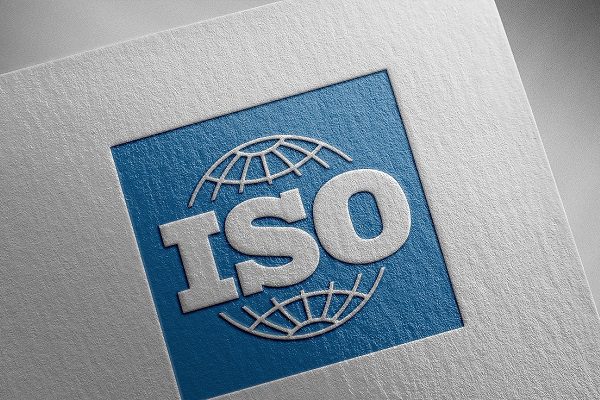
Private or public cloud-based payments ‒ which one is better?
As more organisations move to a cloud-based payments platform, the decision on whether to opt for a private or public cloud will depend on what is most cost effective for a firm.

As more organisations move to a cloud-based payments platform, the decision on whether to opt for a private or public cloud will depend on what is most cost effective for a firm.

The payments industry is in a unique position to develop solutions that can help retailers and customers with the cost of living crisis.

Companies wanting to expand into Africa should look at how neo-bank Kuda and mobile payments platform OPay have successfully penetrated the Nigerian market and overcome regulatory hurdles.

As consumer concerns rise about their finances, essential and non-essential spending, and managing their outgoings, the payments industry can create solutions that include clearer communication, personalisation, and transparency, especially around credit terms.

ISO 20022 is becoming the new global language for payments and cash management messaging. Paul Olukoya, managing director of payments, cyber and data at Grant Thornton UK LLP, offers his tips to overcome the implementation challenges that firms are facing.

Companies such as Monzo, Starling, Revolut and Curve worked with Mastercard to scale their businesses. How are fintechs winning market share by working with the global technology company?
The Payments Association
St Clement’s House
27 Clements Lane
London EC4N 7AE
© Copyright 2024 The Payments Association. All Rights Reserved. The Payments Association is the trading name of Emerging Payments Ventures Limited.
Emerging Ventures Limited t/a The Payments Association; Registered in England and Wales, Company Number 06672728; VAT no. 938829859; Registered office address St. Clement’s House, 27 Clements Lane, London, England, EC4N 7AE.







Log in to access complimentary passes or discounts and access exclusive content as part of your membership. An auto-login link will be sent directly to your email.
We use an auto-login link to ensure optimum security for your members hub. Simply enter your professional work e-mail address into the input area and you’ll receive a link to directly access your account.
Instead of using passwords, we e-mail you a link to log in to the site. This allows us to automatically verify you and apply member benefits based on your e-mail domain name.
Please click the button below which relates to the issue you’re having.
Sometimes our e-mails end up in spam. Make sure to check your spam folder for e-mails from The Payments Association
Most modern e-mail clients now separate e-mails into different tabs. For example, Outlook has an “Other” tab, and Gmail has tabs for different types of e-mails, such as promotional.
For security reasons the link will expire after 60 minutes. Try submitting the login form again and wait a few seconds for the e-mail to arrive.
The link will only work one time – once it’s been clicked, the link won’t log you in again. Instead, you’ll need to go back to the login screen and generate a new link.
Make sure you’re clicking the link on the most recent e-mail that’s been sent to you. We recommend deleting the e-mail once you’ve clicked the link.
Some security systems will automatically click on links in e-mails to check for phishing, malware, viruses and other malicious threats. If these have been clicked, it won’t work when you try to click on the link.
For security reasons, e-mail address changes can only be complete by your Member Engagement Manager. Please contact the team directly for further help.